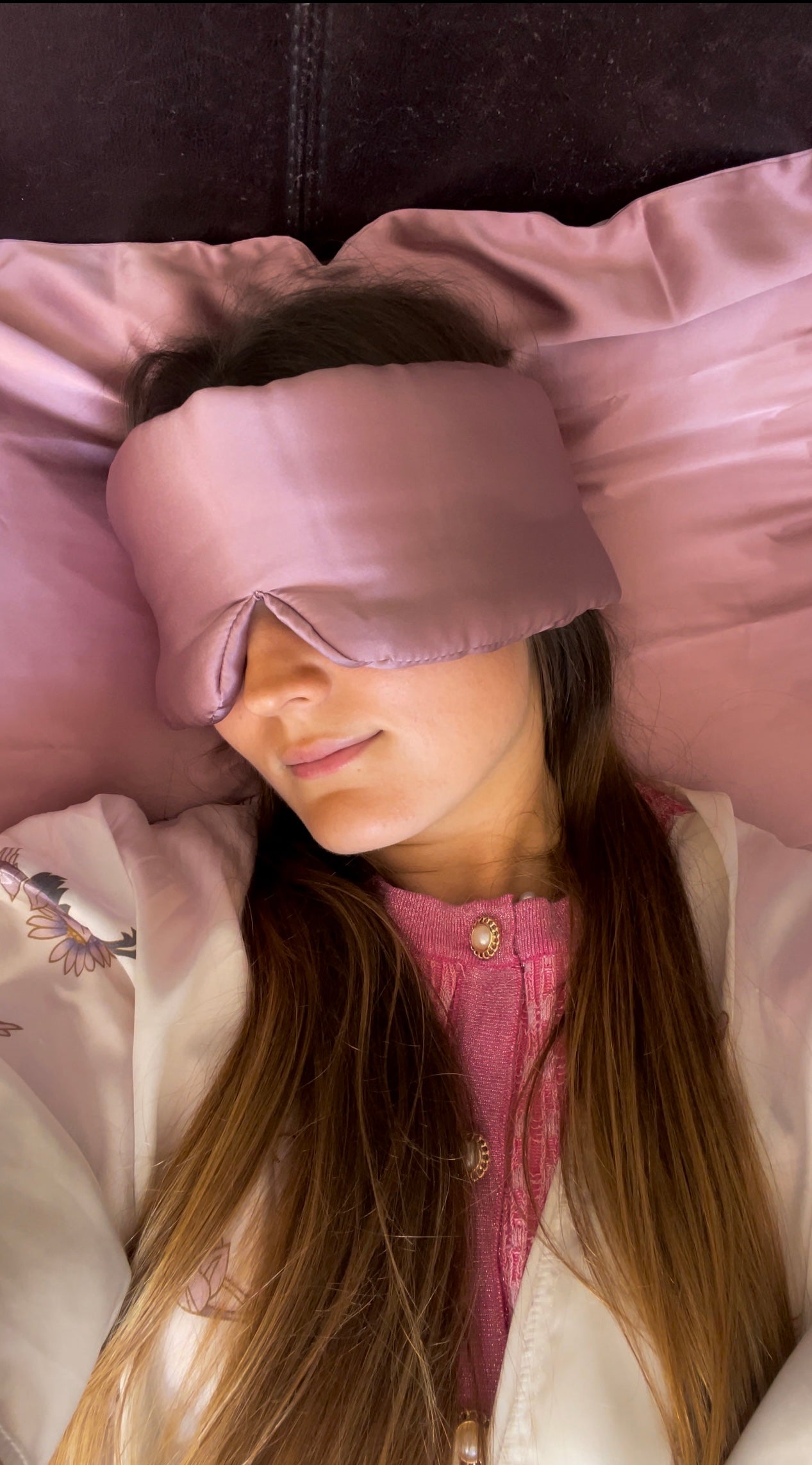The importance of a good night's sleep and a balanced diet cannot be overstated. What you eat before bedtime can have a significant impact on your sleep quality and overall health. In this blog post, we will delve into the relationship between your pre-bedtime consumption and your sleep patterns, exploring foods to embrace and those to avoid for a restful night's sleep and improved wellbeing.
The Connection Between Diet and Sleep:
Your diet plays a crucial role in regulating your sleep patterns. Certain foods can either promote relaxation and sleepiness or hinder your ability to fall and stay asleep. Understanding this connection can empower you to make better choices and create an environment conducive to restful sleep.
Foods to Embrace Before Bed:
1. **Complex Carbohydrates:** Foods like whole grains (oats, quinoa, whole wheat), sweet potatoes, and brown rice are rich in complex carbohydrates. These nutrients trigger the release of serotonin, a neurotransmitter that promotes relaxation and a sense of calm.
2. **Lean Proteins:** Opt for lean protein sources like turkey, chicken, or tofu. They contain amino acids that help produce melatonin and serotonin, both of which regulate sleep-wake cycles.
3. **Dairy or Plant-Based Dairy Alternatives:** Dairy products like milk, yogurt, or plant-based alternatives such as almond milk are sources of tryptophan and calcium, which aid in sleep.
Foods to Limit Before Bed:
1. **Caffeine:** Beverages like coffee, tea, and energy drinks contain caffeine, a stimulant that interferes with sleep. Avoid consuming these items in the hours leading up to bedtime.
2. **High-Fat and Spicy Foods:** Greasy and fatty foods, as well as spicy dishes, can lead to discomfort and indigestion, making it challenging to fall asleep comfortably.
3. **Sugary Treats:** Sugary snacks can cause fluctuations in blood sugar levels, leading to wakefulness during the night.
Fluid Intake and Alcohol:
Hydration is essential, but consuming excessive fluids before bed can lead to disruptive trips to the bathroom. Additionally, while alcohol might initially induce drowsiness, it can disrupt the deeper stages of sleep, leaving you feeling less rested in the morning.
Create a Pre-Bedtime Routine:
Crafting a calming pre-bedtime routine can signal your body that it's time to wind down. Incorporate relaxing activities such as reading, gentle stretching, or practicing mindfulness.
Conclusion:
Eating right before bedtime can impact not only the quality of your sleep but also your overall health and wellbeing. By making conscious choices about what you consume in the hours leading up to bedtime, you can set the stage for restful and rejuvenating sleep. Experiment with different foods and routines to find what works best for you. Remember, the goal is to nourish your body and promote relaxation, ensuring that you wake up feeling refreshed and ready to embrace a new day.





